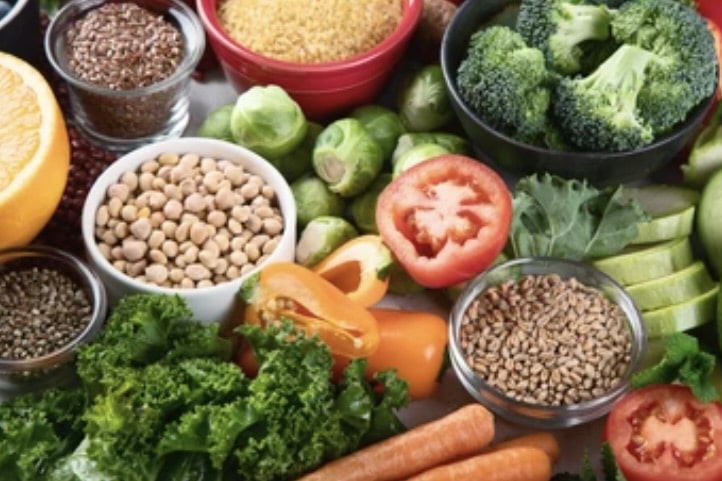Key agricultural stakeholder groups in Queensland have partnered with the state government to design a pathway to help the agribusiness sector become a world-leader in low carbon production.
Minister for Agricultural Industry Development and Fisheries and minister for Rural Communities, Mark Furner said the Department of Agriculture and Fisheries and industry were developing the Low Emissions Agriculture Roadmap for 2022-2032 to help reduce greenhouse gas emissions.
“As our climate changes and impacts how food and fibre is grown, we need to deliver greenhouse gas reductions and increase our carbon sinks to minimise disruptions to our food security,” Furner said.
“The Roadmap’s priorities are to ensure food security and the economic stability of our food and fibre producing regions while actively transitioning to low emissions agriculture. By 2032 we expect the agriculture, fisheries and forestry supply chains will be well on the way to lower emissions production, with the ultimate goal of a net zero emissions economy by 2050 well in sight.”
The Low Emissions Agriculture Roadmap had been developed in partnership with industry and was based on a CSIRO report commissioned by DAF for the project.
“Already, the Department and industry have identified five focus pathways to bring the agriculture sector together in a coordinated approach to deliver a Roadmap that is fit for purpose,” Furner said.
“This strategic co-design and co-ownership approach will help us better understand greenhouse gas linkages across supply chains and work collectively to lower overall emissions.”
According to Furner, other strategies will be implemented from the transport and energy sectors, and they will partner with non-agricultural industries to realise carbon neutral regions and supply hubs.
“Importantly, regular reviews will assess whether the Roadmap actions are still relevant, or whether more ambitious or new actions are needed to fast track our progress towards the 2050 zero net emissions economy target,” Furner said.
AgForce CEO Michael Guerin said the Low Emissions Agriculture Roadmap was an essential initiative to ensure the ongoing prosperity and productivity of Queensland’s agriculture industry.
“Queensland’s producers recognise the importance of continuing to adapt new practices and technologies to ensure long-term sustainability and productivity of the industry,” Guerin said.
“The agriculture sector has tangibly contributed to lowering emissions to date and we know we can do more. As responsible contributors and proud members of the state’s economy, it’s in everybody’s interests that we support the Roadmap. Finding and implementing ways to reduce net emissions, will be of significant benefit to both industry and the community as a whole.”
Queensland Farmers Federation CEO Jo Sheppard said it was important that the agricultural sector was involved and able to actively contribute to the development of the draft Low Emissions Agriculture Roadmap.
“Queensland producers lead the world in innovation and have a proud history in being able to adapt to an every-changing operating environment to ensure the sustainability of their businesses and the sector as a whole,” Sheppard said.
“New technologies and best practice management are driving changes across the supply chain as agricultural enterprises strive to ensure their future sustainability and global competitiveness. It is critical that government work closely with industry as we work together in positioning Queensland to achieve long-term food security through supporting sustainable farming and good environmental outcomes.”
Now, all Queenslanders can provide feedback on the draft Roadmap.
“We want to hear from all sections of the community to get an informed view of how the Roadmap can further support efforts to achieve our low emissions goals,” Furner said.
“Feedback can be provided at daf.engagementhub.com.au/ag-low-emissions until 10 August. I encourage everyone to view the draft Roadmap and have input into this important piece of work that will help shape a carbon neutral Queensland food and fibre sector.”

